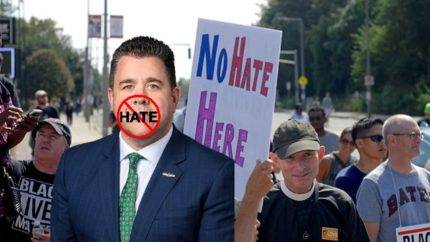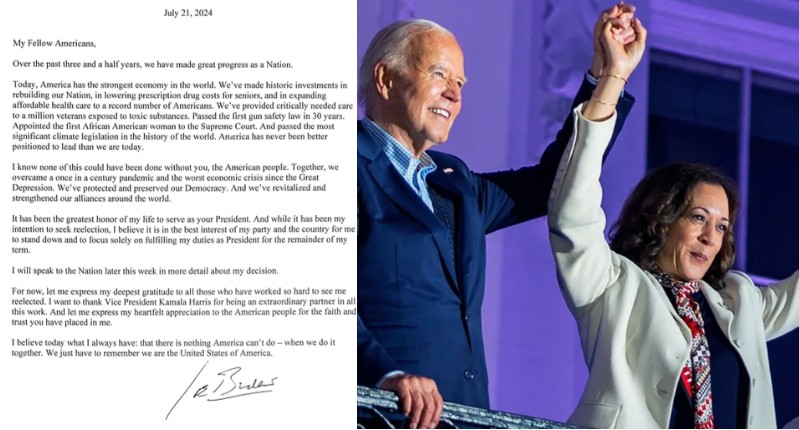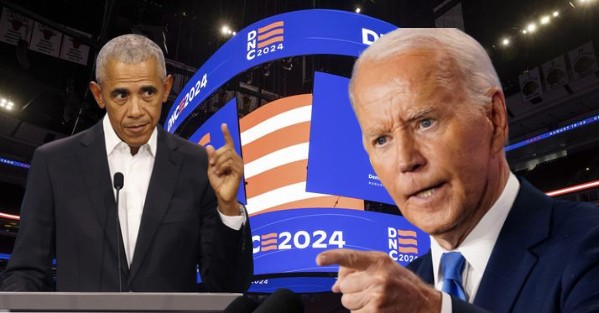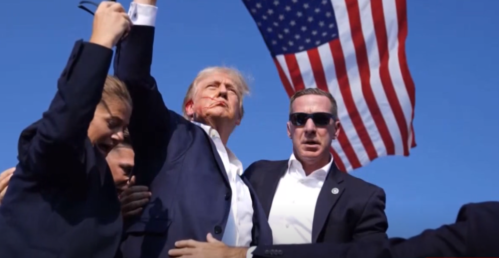New York Republican congressman Nick LaLota, found himself at the center of controversy after posting a now-deleted tweet that appeared to misinterpret the U.S. Constitution‘s stance on hate speech. The tweet, which gained attention for its dubious assertion, claimed that hate speech is an exception to the freedom of speech protected by the American constitution. Rep Nick LaLota wrote, “Our First Amendment comes with very few limitations. Yet, one of those worthy limitations is hate speech.”
This statement prompted swift and harsh feedback from various quarters, including fellow lawmakers. George Santos, a figure mentioned in the tweet, became the subject of expulsion calls from multiple legislators. Notably, one of Nick LaLota‘s colleagues, former Tea Party congressman Joe Walsh, criticized the post, describing it as “pathetic.” Walsh expressed disbelief, stating, “At first I thought this was a parody account. Congressman, for someone who took an oath to defend the Constitution, you don’t understand the Constitution.” The controversy highlighted a divide even within the conservative community, as many found the promotion of hate speech contrary to the principles they stand for.
New York Rep Congressman Nick LaLota May Need Some Constitutional Clarity
The crux of the controversy lies in Representative Nick LaLota‘s interpretation of the First Amendment, particularly its application to hate speech. Contrary to his claim, the consensus among legal scholars is that the First Amendment protects a broad range of speech, including hate speech, unless it directly incites violence or poses an imminent threat. The Supreme Court has consistently upheld the principle that even offensive and repugnant speech is shielded by the Constitution.
Former Congressman Joe Walsh rightly pointed out that hate speech is indeed allowed in America, and the First Amendment serves as a shield for such expression. It is essential to underscore the delicate balance the Constitution maintains between safeguarding free speech and preventing the incitement of violence or harm. As this controversy unfolds, it raises broader questions about the understanding of constitutional rights among elected officials and the responsibility they bear in accurately conveying legal principles to the public.
Calls for Accountability: Expulsion Demands and Public Reaction
The fallout from Representative Nick LaLota‘s tweet extended beyond mere criticism, with calls for the expulsion of George Santos, the individual mentioned in the controversial post. This episode underscores the significant impact social media can have on political discourse and public perception. The public’s swift reaction, including condemnation from within the conservative community, demonstrates the intolerance for misinformation, especially when it pertains to constitutional rights.
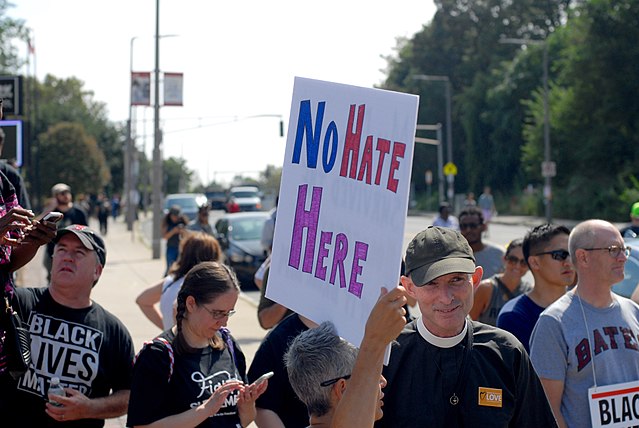
As lawmakers grapple with the aftermath of this controversy, there is a heightened focus on the need for elected officials to be well-versed in constitutional matters. Inaccurate statements about fundamental rights not only risk misinforming the public but also erode trust in the democratic process. The incident involving Representative Nick LaLota serves as a reminder of the responsibility that comes with holding public office and the imperative for accurate communication, particularly on matters as crucial as constitutional rights.
The Legal Landscape of Hate Speech in the US Must Have Eluded Rep Nick LaLota
The controversy surrounding New York Republican congressman Nick LaLota‘s tweet has brought to the forefront the complex and often misunderstood issue of hate speech legality in the United States. Contrary to Representative LaLota’s assertion, the legality or illegality of hate speech in the U.S. is not as clear-cut as one might think. To decipher this intricate legal landscape, the U.S. Courts have provided guidelines outlining the dos and don’ts under the umbrella of the First Amendment, commonly known as freedom of speech.
The dos of free speech include the right not to speak, exemplified in the case of West Virginia Board of Education v. Barnette (1943), where individuals have the right not to salute the flag. Students’ rights to wear black armbands as a form of protest in schools (Tinker v. Des Moines, 1969) and the use of offensive words and phrases for political messages (Cohen v. California, 1971) are also protected. However, the intricacies arise in the restrictions imposed on certain aspects of free speech, such as inciting imminent lawless action (Brandenburg v. Ohio, 1969) or distributing obscene materials (Roth v. United States, 1957).

Understanding the Dos and Don’ts of Free Speech
To provide clarity on the boundaries of free speech, the U.S. Courts have established a comprehensive list of dos and don’ts under the First Amendment. Citizens have the right to contribute money to political campaigns under specific circumstances (Buckley v. Valeo, 1976), advertise commercial products with some restrictions (Virginia Board of Pharmacy v. Virginia Consumer Council, 1976; Bates v. State Bar of Arizona, 1977), and engage in symbolic speech, such as burning the flag in protest (Texas v. Johnson, 1989; United States v. Eichman, 1990).
On the flip side, freedom of speech does not grant the right to incite imminent lawless action (Brandenburg v. Ohio, 1969), make or distribute obscene materials (Roth v. United States, 1957), burn draft cards as an anti-war protest (United States v. O’Brien, 1968), or allow students to print articles in a school newspaper against the school administration’s objections (Hazelwood School District v. Kuhlmeier, 1988). These guidelines showcase the delicate balance between protecting citizens’ freedom of expression and preventing actions that could lead to harm or disruption.
Implications for Hate Speech: Navigating Constitutional Boundaries
The Dos and Don’ts of free speech established by the U.S. Courts serve as a roadmap for navigating the constitutional boundaries of hate speech. While certain offensive words and phrases are protected when conveying political messages, the line is drawn when speech incites imminent lawless action or involves obscene materials. Representative LaLota’s claim that hate speech is an exception to the First Amendment overlooks the nuanced legal framework that protects a wide spectrum of expression while establishing necessary limitations to maintain public order and safety. This incident underscores the importance of a nuanced understanding of constitutional law, especially for elected officials responsible for shaping public discourse.
Table of Contents
Discover more from OGM News NG
Subscribe to get the latest posts sent to your email.











